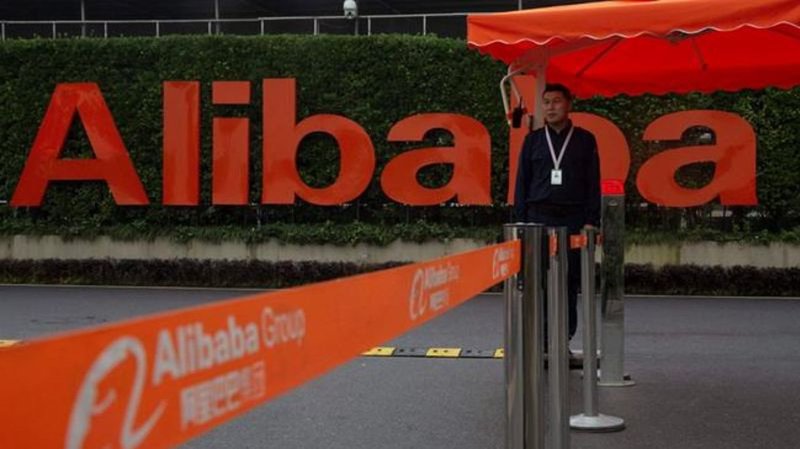
China steps up pressure on Alibaba with anti-monopoly probe
BEIJING — Chinese regulators on Thursday announced an anti-monopoly investigation of e-commerce giant Alibaba Group, stepping up the ruling Communist Party’s efforts to control fast-growing tech industries.
President Xi Jinping’s government promotes e-commerce and other online industries but worries about the dominance of Alibaba and other market leaders. The ruling party says anti-monopoly enforcement, especially in tech industries, will be a priority next year.
The market regulator said it was looking into Alibaba’s policy of “choose one of two,” which requires business partners to avoid dealing with its competitors. The one-sentence statement gave no details of possible penalties or a timeline to announce a result.
Proposed rules issued in November would ban exclusive contracts, subsidies and other tactics regulators say hurt competition.


